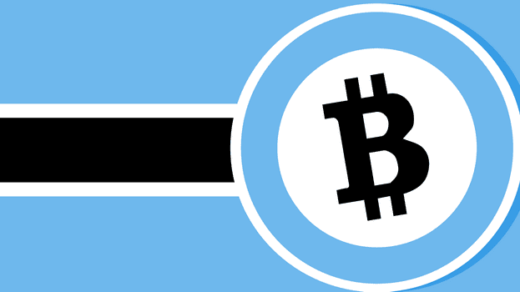As the digital finance ecosystem continues to evolve, international standard-setting bodies have been at the forefront of developing frameworks to govern the burgeoning market of virtual assets (VAs) and Virtual Asset Service Providers (VASPs).
These regulatory recommendations aim to ensure a balanced approach that fosters innovation while addressing the potential risks associated with money laundering, terrorism financing, market integrity, and investor protection.
This article explores the key recommendations from three pivotal organizations: the Financial Action Task Force (FATF), the Financial Stability Board (FSB), and the International Organization of Securities Commissions (IOSCO).
Financial Action Task Force (FATF)
The FATF has been instrumental in shaping the regulatory approach towards virtual assets and their service providers. Recognizing the need for clarity, the FATF amended its recommendations to explicitly include financial activities involving VAs and VASPs within its scope.
The cornerstone of these recommendations is that VAs and VASPs should be regulated and supervised for anti-money laundering (AML) and counter-terrorism financing (CFT) purposes, ensuring that these entities operate within a legal framework that mitigates the associated risks.
Financial Stability Board (FSB)
In July 2023, the FSB took a significant step by publishing a global regulatory framework for the international regulation of crypto-asset activities. This framework is built on two foundational sets of recommendations:
High-level Recommendations:
These cover the regulation, supervision, and oversight of crypto-asset activities and markets, asserting that VAs and markets must be regulated effectively and oversight should be proportional to their risks.
Global Stablecoin Arrangements:
Recognizing the unique challenges posed by stablecoins, the FSB revised its recommendations to ensure that stablecoins, if widely used as a means of payment, are subjected to stringent regulations and supervision.
The FSB’s recommendations emphasize the need for VASPs to adhere to legal obligations within their operating jurisdictions and for member states to implement existing international standards, particularly FATF’s Recommendations on new technologies and the Travel Rule.
International Organization of Securities Commissions (IOSCO)
In 2023, IOSCO released a consultation report outlining policy recommendations for crypto and digital asset markets. This report, comprising 18 principles-based and outcomes-focused recommendations, is designed to guide the activities of VASPs and address the principal risks identified within VASP operations.
Importantly, it provides guidance for IOSCO members on achieving regulatory consistency and oversight of VA/VASP activities, highlighting the importance of addressing the cross-border nature of these markets, the potential for regulatory arbitrage, and the significant risks to retail investors.
Conclusion: Charting a Path Forward
The regulatory landscape for virtual assets and their service providers is becoming increasingly defined as international standard-setting bodies introduce comprehensive recommendations to guide national policies. These recommendations reflect a collective commitment to safeguarding the financial system’s integrity, promoting market stability, and protecting investors in the digital age.
As these recommendations are adopted and implemented by jurisdictions worldwide, the global finance community moves closer to establishing a harmonized regulatory framework that can navigate the complexities of the digital finance frontier.




